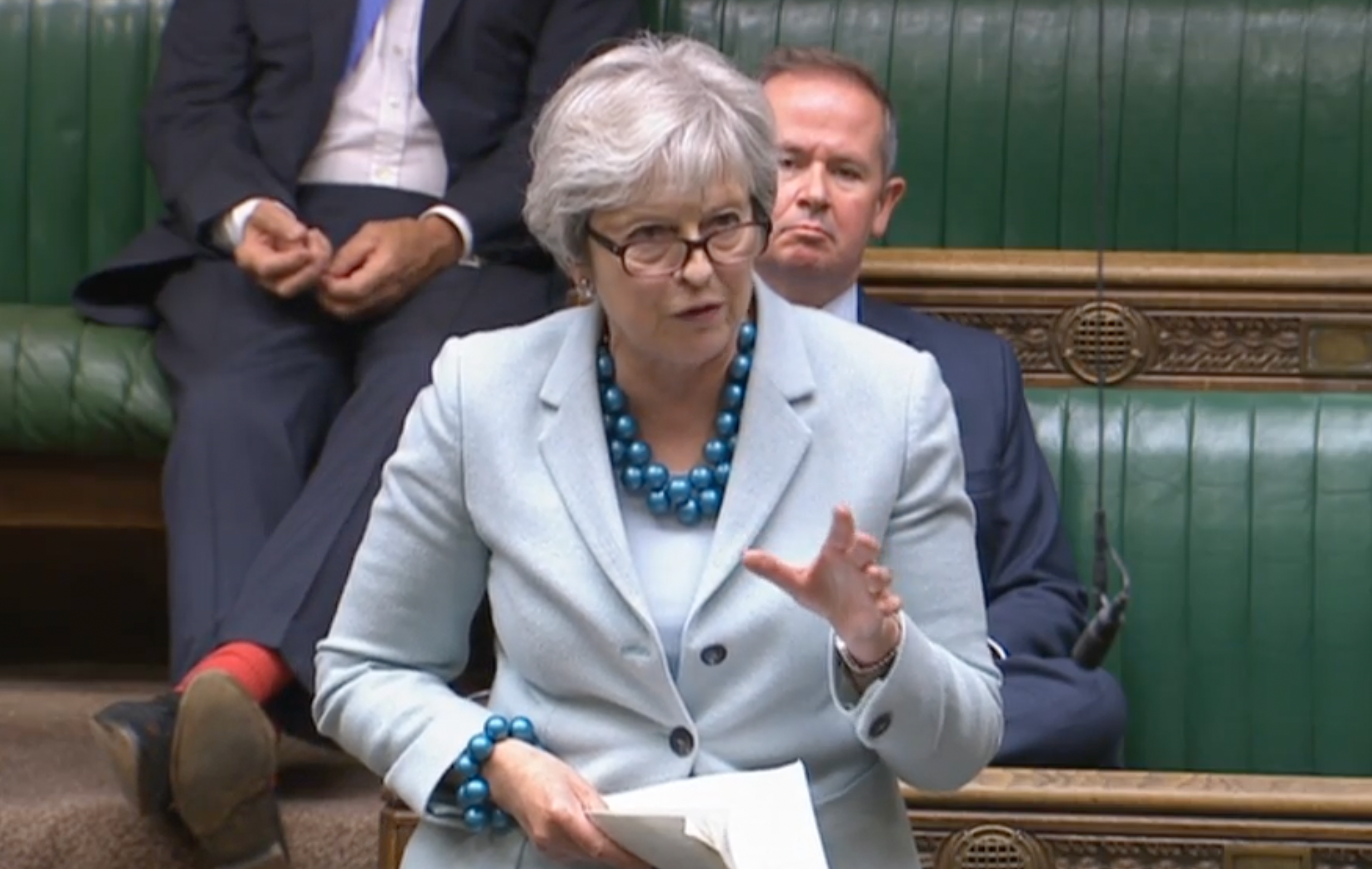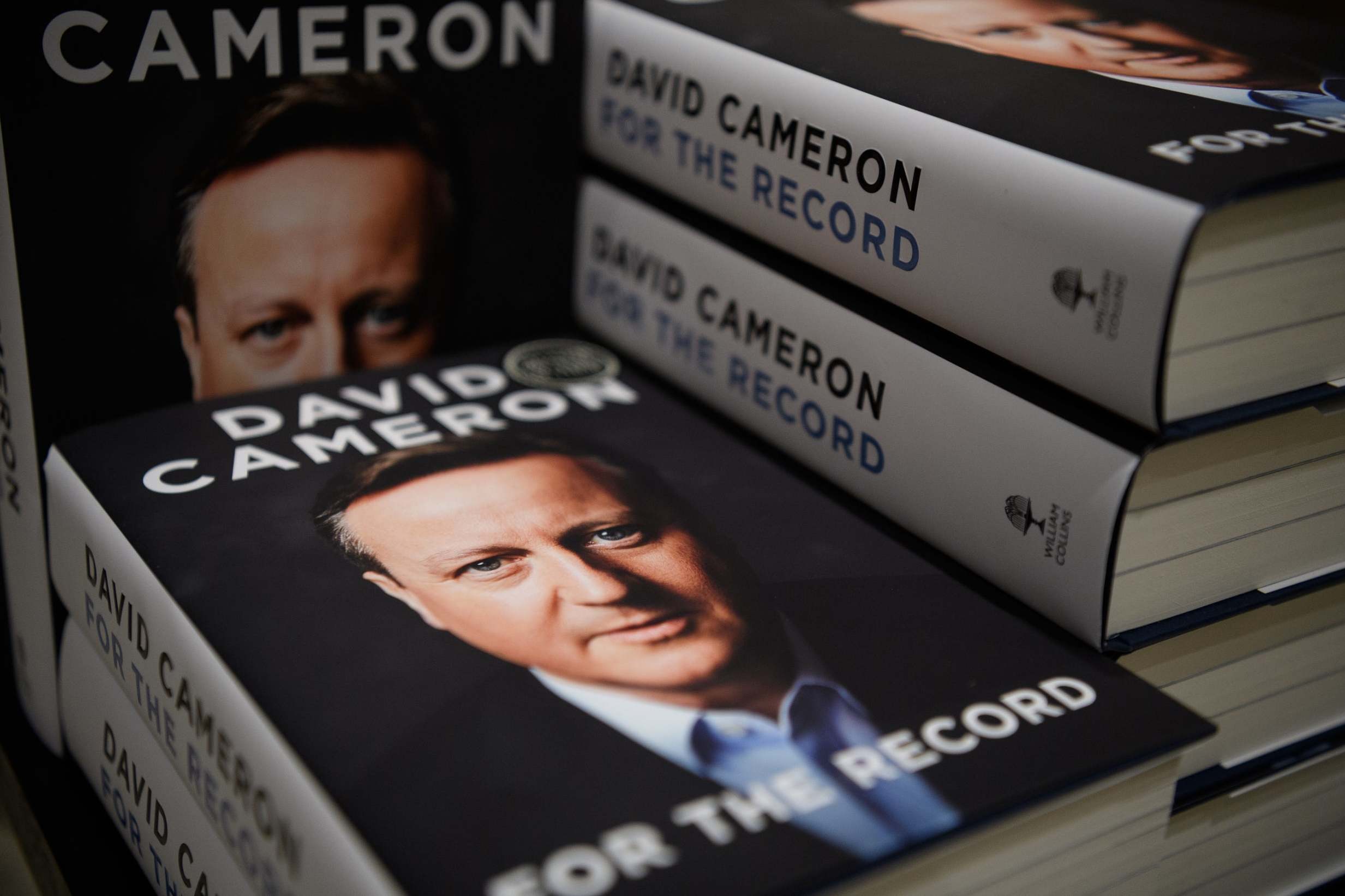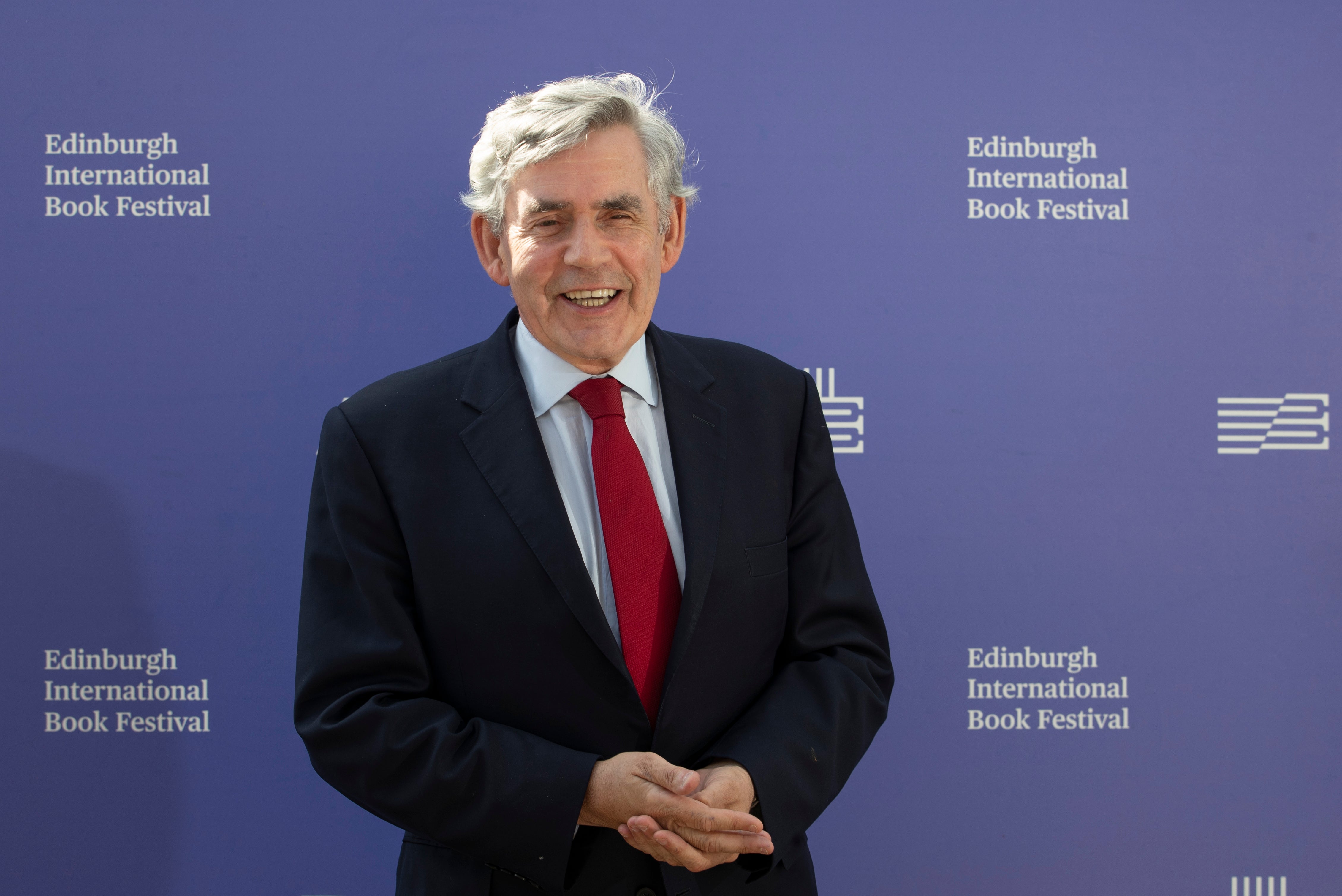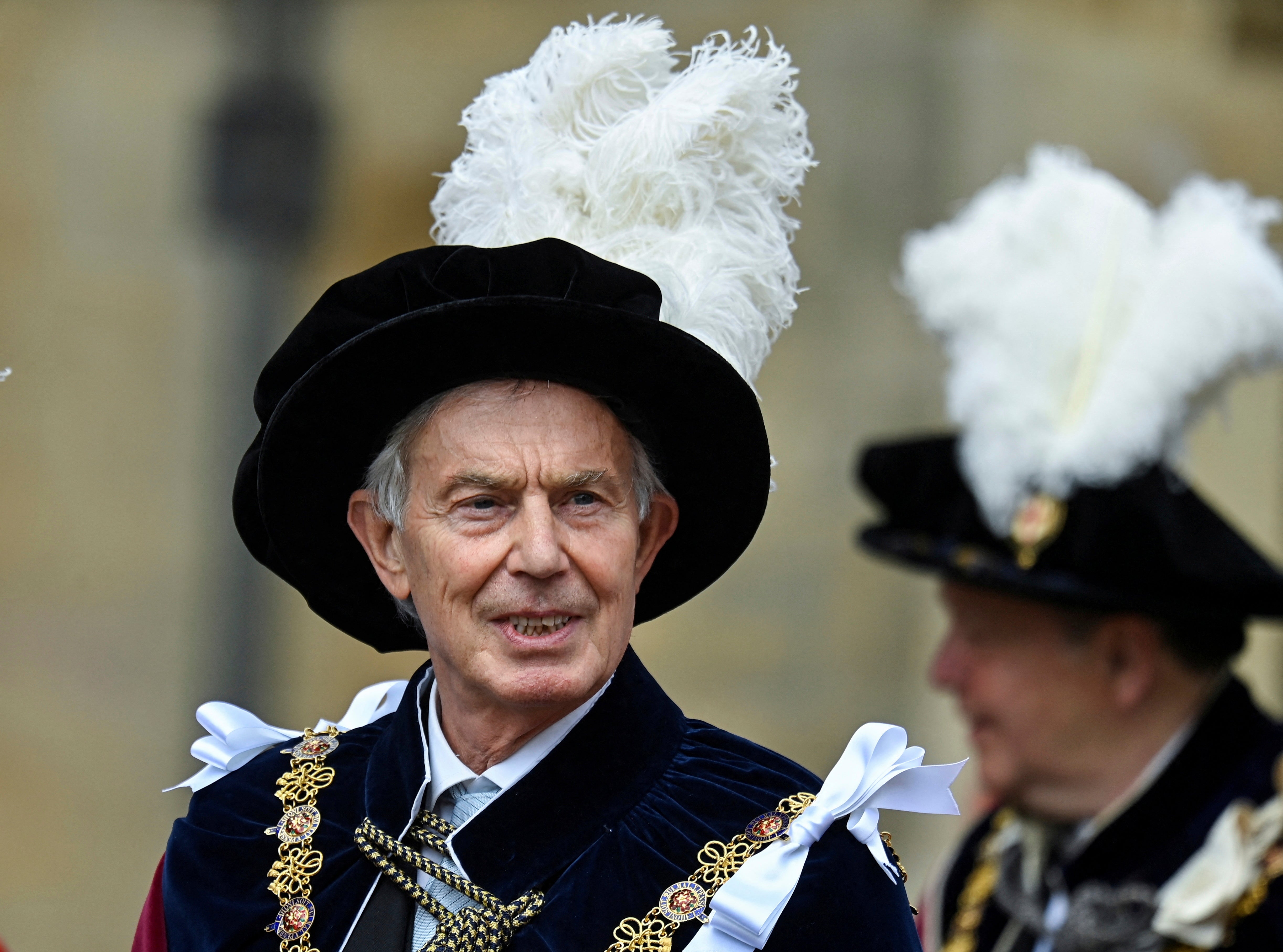What could Boris Johnson do next? How former prime ministers now spend their time
Boris Johnson can draw some inspiration from his predecessors

Boris Johnson’s resignation has sparked questions as to where his career will go next as he awaits the election of a new Tory leader to replace him as prime minister.
While the Uxbridge MP was mayor of London, he was paid about £250,000 a year for his second job writing columns for The Telegraph newspaper.
In a 2009 interview, he dismissed the sum as “chicken feed” and said his comment was just him being “frivolous”. Now forced to give up his main job, it’s likely that he will consider turning his hand back to journalism because he could get paid higher rates that even he could take seriously.
He may also be itching to get back to writing his book about William Shakespeare, which he has reportedly put on the back burner since he entered Downing Street.
It’s expected that he will seek lucrative public speaking gigs because, between his government jobs as foreign secretary and prime minister, he had been paid up to £123,000 for one of his speeches.
Given his close association with Volodymyr Zelensky, it wouldn’t be a surprise if he also became involved in work to rebuild Ukraine.
But in the unlikely event that he runs out of ideas, Mr Johnson can draw some inspiration from his predecessors’ post-Downing Street careers:
Theresa May
The Tory MP for Maidenhead left No 10 in July 2019 after her draft Brexit withdrawal agreement was rejected three times in the House of Commons – and since then she has been a vocal critic of Mr Johnson and his ministers.
A few months after resigning, Ms May said that she was thinking about writing a book about her political career, which she said she had “no regrets” over. She continues to sit in the Commons as a backbencher to “devote full time” to her constituency.

Over the years her name has made its way back into the headlines after she poured scorn over her successor’s handling of the Covid pandemic, his aide Dominic Cummings’ breaking of lockdown law, plans to cut the foreign aid budget, and the Partygate scandal of events having been held at Downing Street during lockdown.
Ms May has been mentioned as a possible candidate to replace Nato secretary-general Jens Stoltenberg following his expected retirement in 2023.
David Cameron
Soon after the Brexit referendum returned a ‘leave’ vote in June 2016, David Cameron announced that he would be resigning as prime minister and MP for his Oxfordshire constituency Witney.
Three years later he published his memoirs For the Record, which gives an account of his time at Downing Street.

Last year, he got hauled back into the Westminster estate to be grilled by MPs for his lobbying of government ministers and civil servants on behalf of Greensill Capital. It was reported that he made more than £7 million.
Mr Cameron has also held about a dozen business and charity positions.
Gordon Brown
Gordon Brown is the most recent Labour prime minister. He spent about three years at No 10 after having been the longest-serving chancellor in modern British history under the premiership of Sir Tony Blair.
Two days after his resignation, Mr Brown announced that he intended to serve as a Labour backbencher for his Kirkcaldy and Cowdenbeath constituency.

Soon after leaving Downing Street, he completed his book Beyond the Crash – about his time as chancellor during the 2008 financial crisis – in the space of just 14 weeks.
He continued as an MP and played a role in the 2014 Scottish independence referendum, campaigning for Scotland to stay in the United Kingdom. Then he announced that he would not be seeking re-election to parliament in 2015.
In 2015, Mr Brown took his first big job in the private sector since standing down as PM. He became an advisor to US investment firm PIMCO and reportedly donated the wages to his charity, the Gordon and Sarah Brown Foundation.
Sir Tony Blair
The former Labour prime minister has had one of the most prolific post-politics careers, which includes diplomacy, charity work, public speaking, political commentary, and – of course – writing a book.
In 2007, he resigned from Downing Street after 10 years. He was then confirmed as Middle East envoy – which meant he had to resign as MP for Sedgefield.
In 2008, it was announced that Sir Tony would be joining investment bank JPMorgan Chase in a “senior advisory capacity” and that he would advise Zurich Financial Services on climate change – for an unpublicised salary that is suspected to be in excess of £500,000 a year.
For each 90-minute speech, he had earned about £200,000. In 2008, it was reported that he was the highest-paid speaker in the world.
Since his resignation, he launched Tony Blair Associates, the Tony Blair Sports Foundation, the Tony Blair Faith Foundation, the Tony Blair Africa Governance Initiative, and the Tony Blair Institute.

No prime minister’s career is complete without a book. So, true to form, he published his memoir A Journey in 2010.
He gave almost £5 million of his book advance and all royalties of the book to the Royal British Legion, a move that was criticised as a cynical act to repair his reputation after lives were lost during the Iraq and Afghanistan wars.
Since the Iraq War, he has been accused of war crimes and a number of public figures have called for his trial at the International Criminal Court.
In 2016, the Chilcot report after the conclusion of the Iraq Inquiry criticised Sir Tony for joining the US in the war in Iraq in 2003. He then apologised and said the decisions he had made were “in good faith”.
Sir Tony has also made television appearances to comment on political matters, such as his opposition to Brexit and to Jeremy Corbyn’s then leadership of the Labour Party – saying that he was too left-wing.
This year, Sir Tony received a knighthood. The decision to knight him was opposed by a petition that has received more than a million signatures.






Join our commenting forum
Join thought-provoking conversations, follow other Independent readers and see their replies
Comments